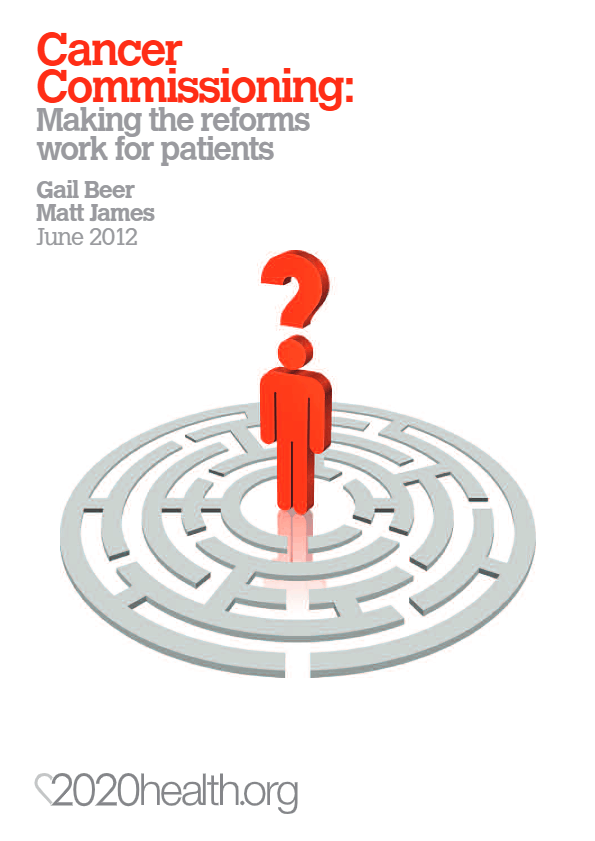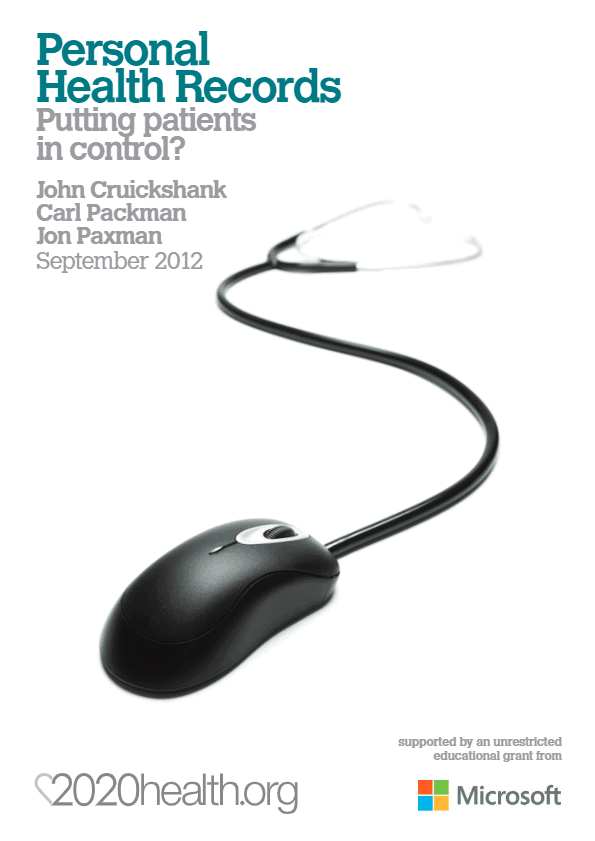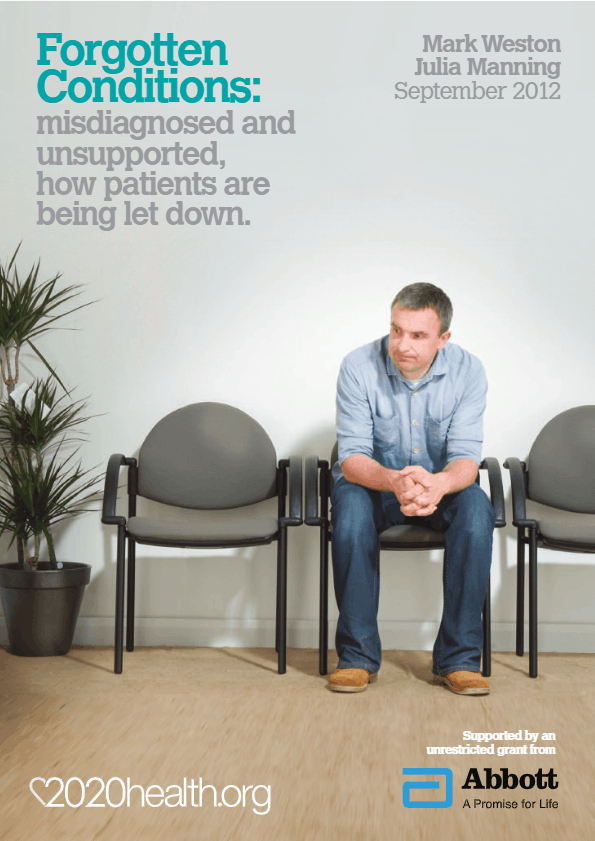Risk over Reward?
Is There a Growing Risk of Medical Tourism for UK Patients?
Medical tourism has become increasingly popular over the last 10 years, particularly among UK patients. It is important to recognise two distinct groups of UK health tourists. The first are those who seek treatment for clinical conditions; usually orthopaedic and fertility, but also oncology and cardiology. These patients cite waiting times, quality of care and a different range of medication not offered on the NHS.
The second, and more well-known group, are those who seek affordable cosmetic treatment – hair transplants, buttock lifts, breast surgery and gastric bands being the most popular.
It should be stressed that there are many excellent clinics and clinicians abroad, with many patients receiving the results they want at a price they can afford (cosmetic surgery abroad is often at least half of the cost in the UK).
There is an important distinction to be made between these two groups. Non-cosmetic patients tend to be older, more experienced and are seeking foreign treatment out of necessity rather than choice. They are, therefore, more likely to research and make a more informed choice. Cosmetic patients, as we will shortly discuss, are usually younger (18 to 40) and are usually influenced on where, when and how to be treated by media personalities.
Unsurprisingly, it is the patients seeking cosmetic treatment who are more likely to experience complications from health tourism. Once again, we must stress that whilst there are excellent clinics and clinicians abroad and many people achieve the results they want, sadly all too many people have been let down, harmed or even died in pursuing aesthetics changes at poorly equipped facilities.
Research indicates that current temptations for seeking cosmetic treatment abroad include lower costs and quicker access to treatments and modern facilities. But there can be significant risks involved, including unqualified surgeons, unregulated clinics, inadequate aftercare, and lack of accountability.
Concerns are raised that it is potentially vulnerable people and those easily swayed by social media and peer pressure who might look abroad. Our own research indicates that “at risk” groups include those who suffer from body dysmorphia, mental health concerns and obsessive personalities. Clever marketing sells the dream that cosmetic surgery offers life-changing transformation.
The desire to pursue this dream will prevent many cosmetic patients from conducting their own due diligence on the services being presented; the desire to pursue the treatment is too much of a temptation.
A good example of this is Mexico’s healthcare sector; it is highly advanced and offers many excellent services, but some treatment areas (plastic surgery in particular) remain plagued by misleading marketing and unsafe practices, which can lead to severe complications.
Potential benefits come with hidden dangers such as unverified practitioners and non-existent patient protections. Some patients also face challenges with payment practices, limited aftercare, and difficulty in obtaining legal recourse.
In the most severe cases, patients die during the procedure itself or in the immediate hours post-surgery, the most common causes being blood clots or the perforation of organs, leading to internal bleeding.
As tragic as each of these deaths are, the impact upon the NHS is actually caused by complications the patient suffers once they have returned to the UK. Infections, unsuitable medication, reactions to the treatment all lead to weeks of hospitalisation as well as ongoing care provisions for those who have suffered from permanent paralysis.
Estimated figures indicate that the NHS spends approximately £30m each year in corrective procedures. Whilst not the significant figure, it is worth considering the effect that this may have on an already pressured health budget.
In conclusion, while medical tourism offers UK patients affordable and faster healthcare, it can also expose them to significant risks. Strengthening regulations and ensuring proper safeguards can protect patients, reduce the NHS burden, and promote responsible practices within the global healthcare market.
Over the coming months, 2020health will aim to discuss and help address these issues by a suggesting a range of robust options; for example, a national database for tracking complications and a public awareness campaign would further safeguard patients.
We are combining an event with Conservative Health on the 29th October at the House of Commons to discuss medical tourism, help raise awareness and, importantly, identify key changes and recommendations that will help improve safety.
Proposals may include: suggesting the creation of a UK Medical Tourism Accreditation Body, mandating medical tourism insurance, regulating advertising, or enforcing minimum aftercare standards.
While we want to ensure there are options and free choice for people, we also would like to enhance patient safety.
Please contact us for more information.



